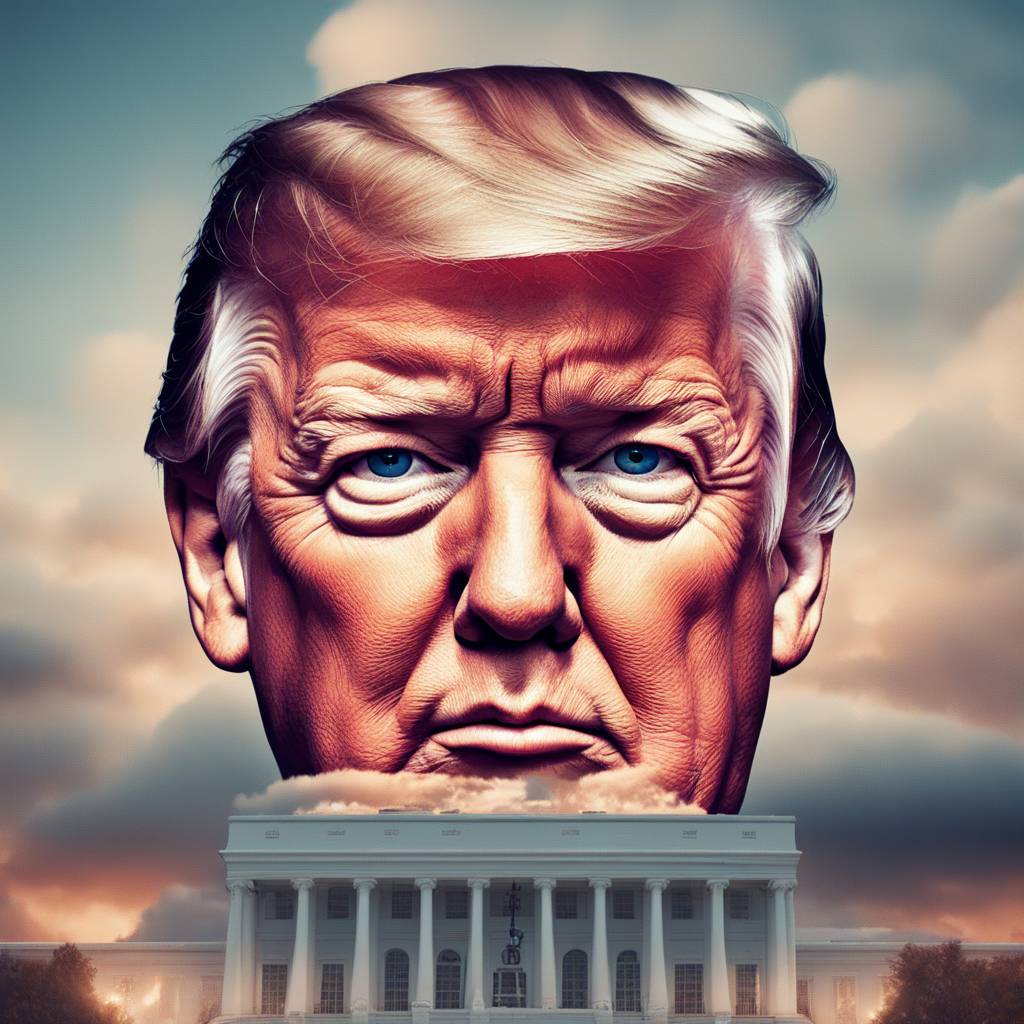Former President Donald Trump recently announced his position on whether abortion should be banned, emphasizing his support for in vitro fertilization (IVF) and states determining their own laws for abortion with exceptions for rape, incest, and life of the mother. He expressed pride in overturning Roe v. Wade and focused on preserving the “miracle of life.” The move by the Supreme Court to overturn Roe v. Wade has reignited the contentious abortion debate in the United States and forced Republicans to navigate a complex landscape of differing views within their party. Republican-dominated states like Florida have implemented restrictive abortion laws in response to the Supreme Court’s decision.
Trump has attempted to maintain a nuanced stance on abortion, positioning himself as a pro-life candidate while acknowledging the need for exceptions in certain cases. He has criticized other Republicans for their handling of the issue, suggesting that some politicians have lost elections due to their inability to effectively discuss abortion. Trump has refrained from specifying at what point in a pregnancy he would support a ban on abortions, instead suggesting that it should be a state issue rather than a federal mandate. He has floated the idea of a 15-week ban as a potential compromise that could satisfy both sides of the debate.
Despite Trump’s efforts to negotiate a compromise on abortion, any potential ban at the federal or state level is likely to face significant opposition. Polling indicates that a majority of Americans believe abortion should be legal during the early stages of pregnancy, and support for a 15-week ban has decreased in recent years. Trump’s approach to the abortion issue is a delicate balancing act, as he seeks to appeal to anti-abortion hardliners in his party while also recognizing the broader public sentiment in favor of abortion rights. The complex nature of the abortion debate makes it a challenging issue for politicians to navigate, particularly within the Republican Party.
As the 2024 presidential campaign heats up, abortion is poised to remain a central issue that candidates must address. Trump’s recent statements on abortion reflect his ongoing efforts to navigate the delicate balance between his pro-life stance and the broader public opinions on abortion rights. The Supreme Court’s decision to overturn Roe v. Wade has reignited debates at the state level, leading to increased restrictions on abortion in some Republican-dominated states. The outcome of these debates, as well as Trump’s position on abortion, could have significant implications for the upcoming election and the future of abortion rights in the United States.
Overall, Trump’s recent statements on abortion highlight the challenges of navigating a complex and divisive issue within the Republican Party and the broader political landscape. As the abortion debate continues to evolve, politicians will need to engage with a range of perspectives and consider the broader implications of their positions on this crucial issue. The Supreme Court’s decision to overturn Roe v. Wade has intensified the discussion around abortion rights, leading to increased focus on state-level regulations and potential federal action. In the lead-up to the 2024 election, abortion is likely to remain a prominent issue that candidates must address to appeal to a wide range of voters.













